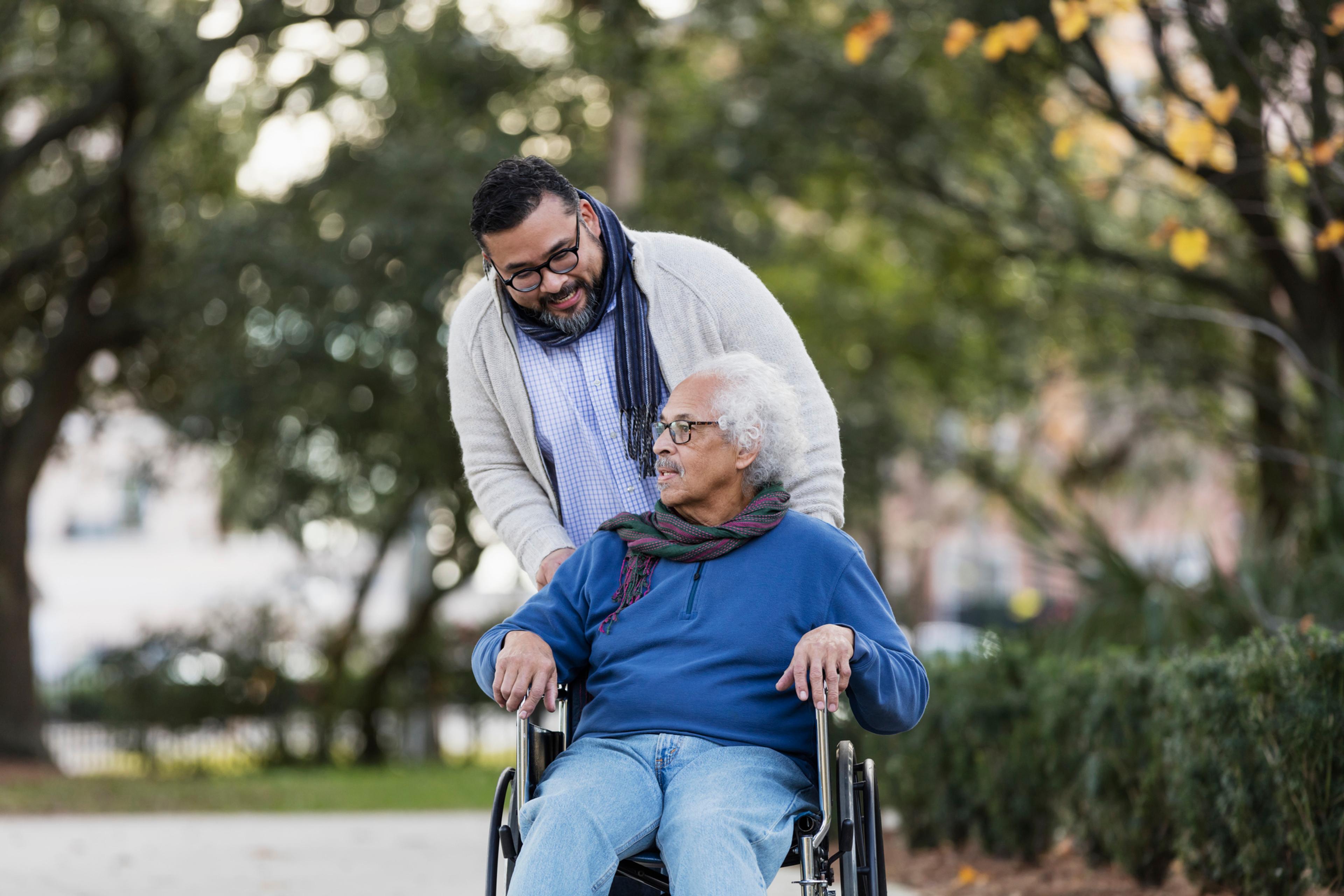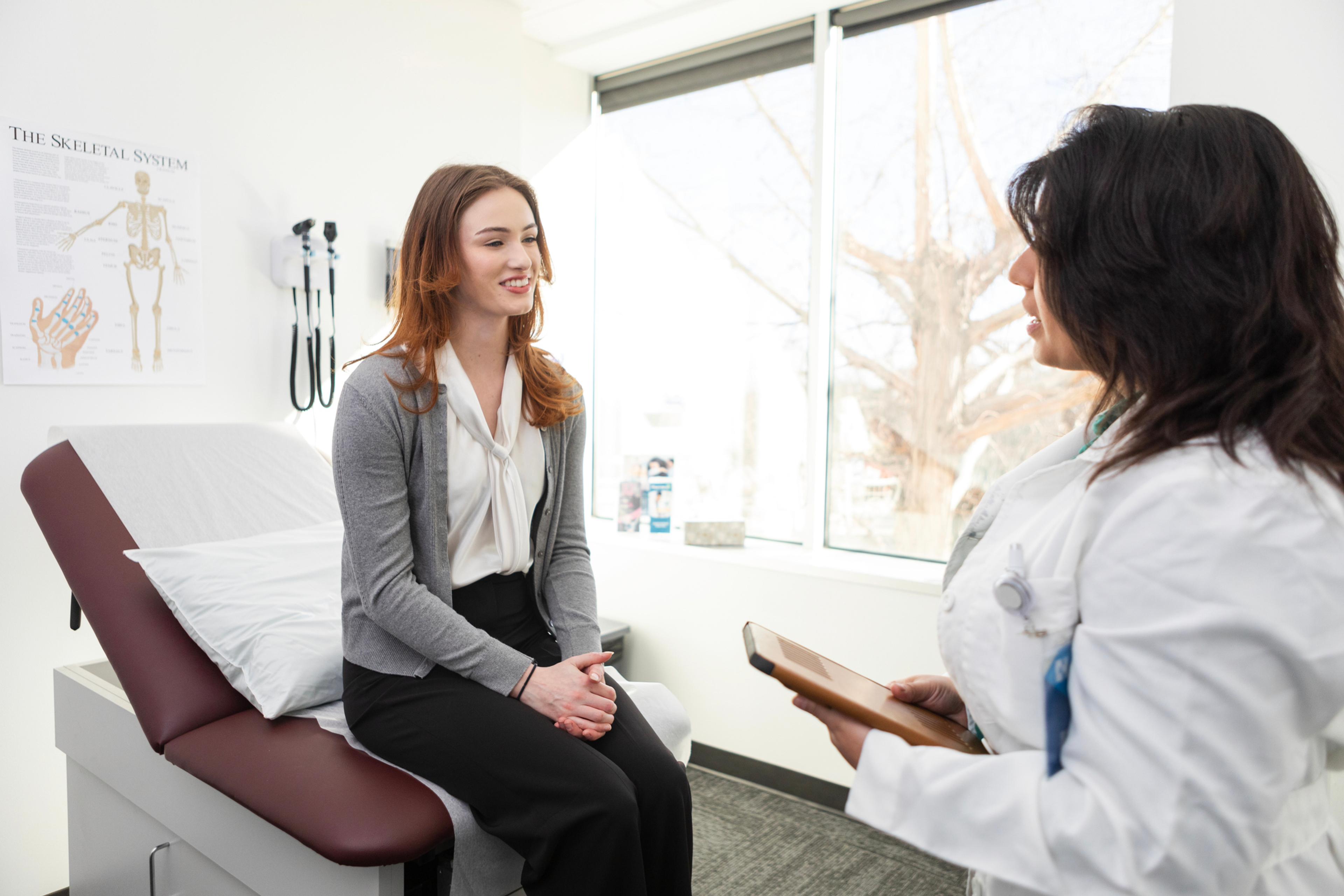4 Ways to Observe Colon Cancer Awareness Month
Amy Barczy
| 3 min read
Amy Barczy is a former brand journalist who authored...

In the U.S., colorectal cancer is the second most deadly cancer. This year, it’s estimated more than 150,000 people will be diagnosed with colon and rectal cancer, according to the American Cancer Society.
While rates of colon cancer are on the decline, this trend is mostly in older adults thanks to an increase in screening rates and better lifestyle choices. Rates of colon cancer in adults under the age of 55 have been on the rise by 1% to 2% each year since the mid-1990s, according to the American Cancer Society.
During the month of March, consider observing Colon Cancer Awareness Month by taking a moment to put your health first. Here are four ways to observe the month.
Schedule a colonoscopy
If you are between the ages of 45 and 75, it’s time to schedule a colonoscopy. The U.S. Preventive Services Task Force recommends that adults ages 45 to 75 be screened for colorectal cancer. Colonoscopies are considered the “gold standard” of colorectal cancer screening tools.
Colonoscopies can detect polyps, which are small growths that can be removed before they become cancerous. Early detection of colon cancer is critical: when colorectal cancer is found at an early stage, the five-year survival rate is about 90%. Some people are hesitant to schedule colonoscopies because of the preparation involved – but there are ways to make the prep easier.
Hear from colon cancer survivors
For Julie Mack, a veteran Michigan journalist, a routine colonoscopy after her 50th birthday ended up saving her life. The screening detected stage III colon cancer. Her diagnosis prompted her to learn more about her family history – and she uncovered multiple generations of her loved ones had experienced colon cancer and precancerous polyps. She’s still seeking answers about her family’s history to see if more colon cancers can be prevented among her loved ones.
- Read Julie’s story: Saved by a Colonoscopy, Michigan Journalist Uncovers Family History of Cancer
Kayla Campbell was at an exercise class in downtown Detroit when she felt an excruciating pain in her abdomen. At the age of 28, she was shocked by what she found after going to the hospital: a large ovarian mass and a diagnosis of stage IV colorectal cancer. After rounds of aggressive treatment and procedures, the cancer returned several times. Now, Campbell is in her 30’s and is focused on her health.
- Read Kayla’s story: Union, Michigan Woman Details Her Stage IV Colorectal Cancer Diagnosis at Age 28
Christy McDonald, a well-known Metro-Detroit TV personality, recently discussed her experience with colorectal cancer through her late husband Jamie Samuelson’s diagnosis on the A Healthier Michigan Podcast.
Learn your family’s medical history
Individuals with a family history of colorectal cancer are at a higher risk of colon cancer and may need to be screened earlier under the advice of a doctor. Talk with family members about any major diagnoses or tests they may have had – especially for chronic conditions like heart disease, diabetes and any kind of cancer. Share your family’s medical history with your health care teams. Doctors may recommend you receive screenings for certain diseases – like colorectal cancer – at an earlier age.
Find ways to reduce your risk of colon cancer
Healthy lifestyle behaviors can reduce your risk of colon cancer:
- Managing your weight
- Daily physical activity
- Eating a balanced diet
- Quitting smoking
- Reduce or avoid alcohol
Learn more: Tips for Reducing Risk of Colorectal Cancer
Photo credit: Getty Images





